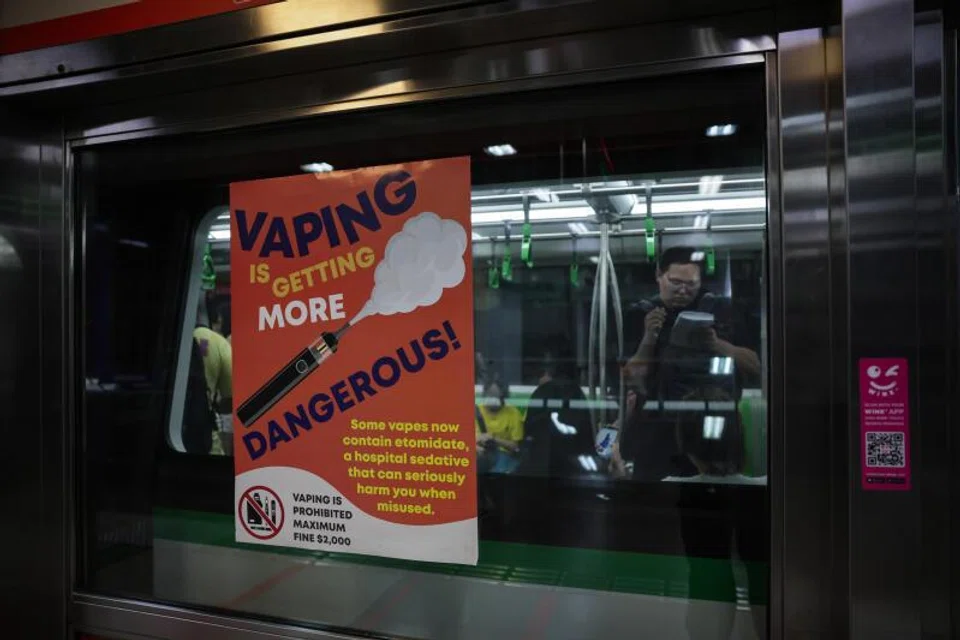
According to Lithuanian media outlet lrytas.lt, on June 29th, a proposed amendment to the "Tobacco, Tobacco Products, and Related Products Control Law" by the Lithuanian government garnered support from 63 members of parliament, with 2 opposing and 5 abstaining. The amendment is currently awaiting final confirmation.
The amendment aims to prohibit the flavoring of e-cigarette products, with plans for it to take effect on May 1st next year.
Member of Parliament Ieva Kačinskaitė-Urbonienė disagrees with the proposed amendment, stating that it is an inappropriate measure that will not effectively address child health issues.
Another legislator, Aurelijus Veryga, holds a contrasting view. He believes that manufacturers are well aware that flavor additives in e-cigarettes attract consumers, and that banning such additives is both logical and in line with EU laws.
MP Vytautas Bacas expressed dissatisfaction with the effective date of the amendment, arguing that it should be brought forward to November 1 of this year.
Antanas Matulas, the chairman of the Parliamentary Health Affairs Committee, urges the public not to doubt any ill intentions behind the proposed amendment and affirms that it is also likely to take effect ahead of schedule.
References:
【1】The Seimas is inclined to ban electronic cigarettes containing sugar and sweeteners.
This document has been generated through artificial intelligence translation and is provided solely for the purposes of industry discourse and learning. Please note that the intellectual property rights of the content belong to the original media source or author. Owing to certain limitations in the translation process, there may be discrepancies between the translated text and the original content. We recommend referring to the original source for complete accuracy. In case of any inaccuracies, we invite you to reach out to us with corrections. If you believe any content has infringed upon your rights, please contact us immediately for its removal.







